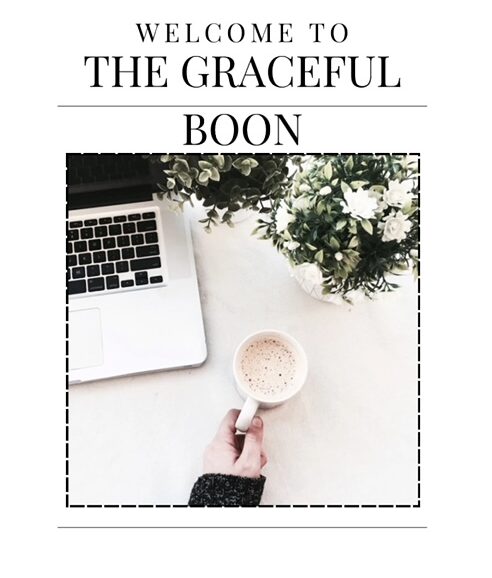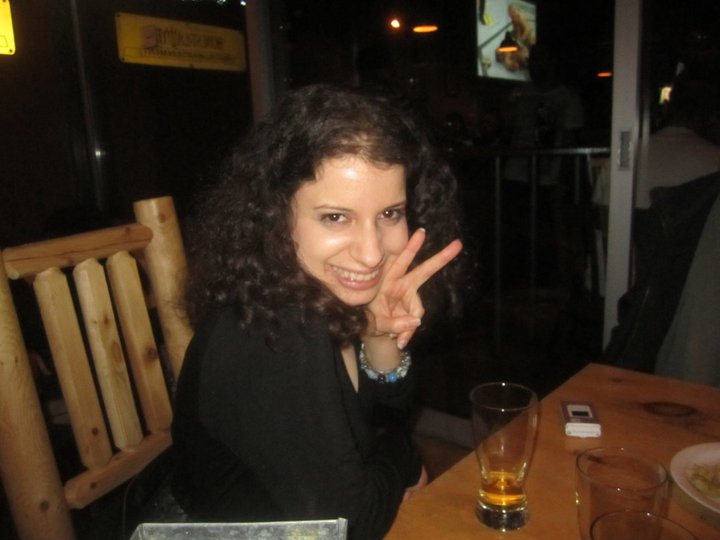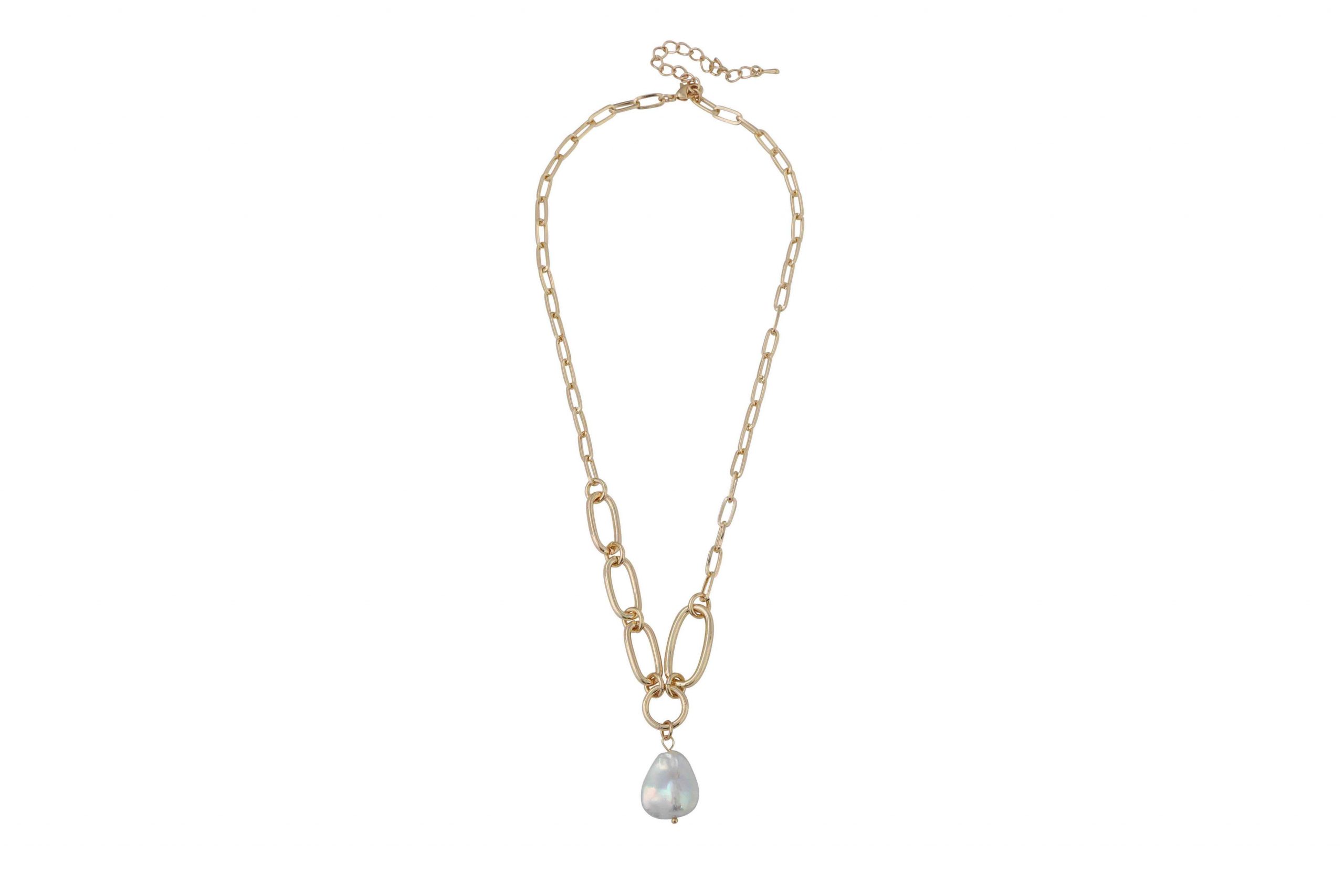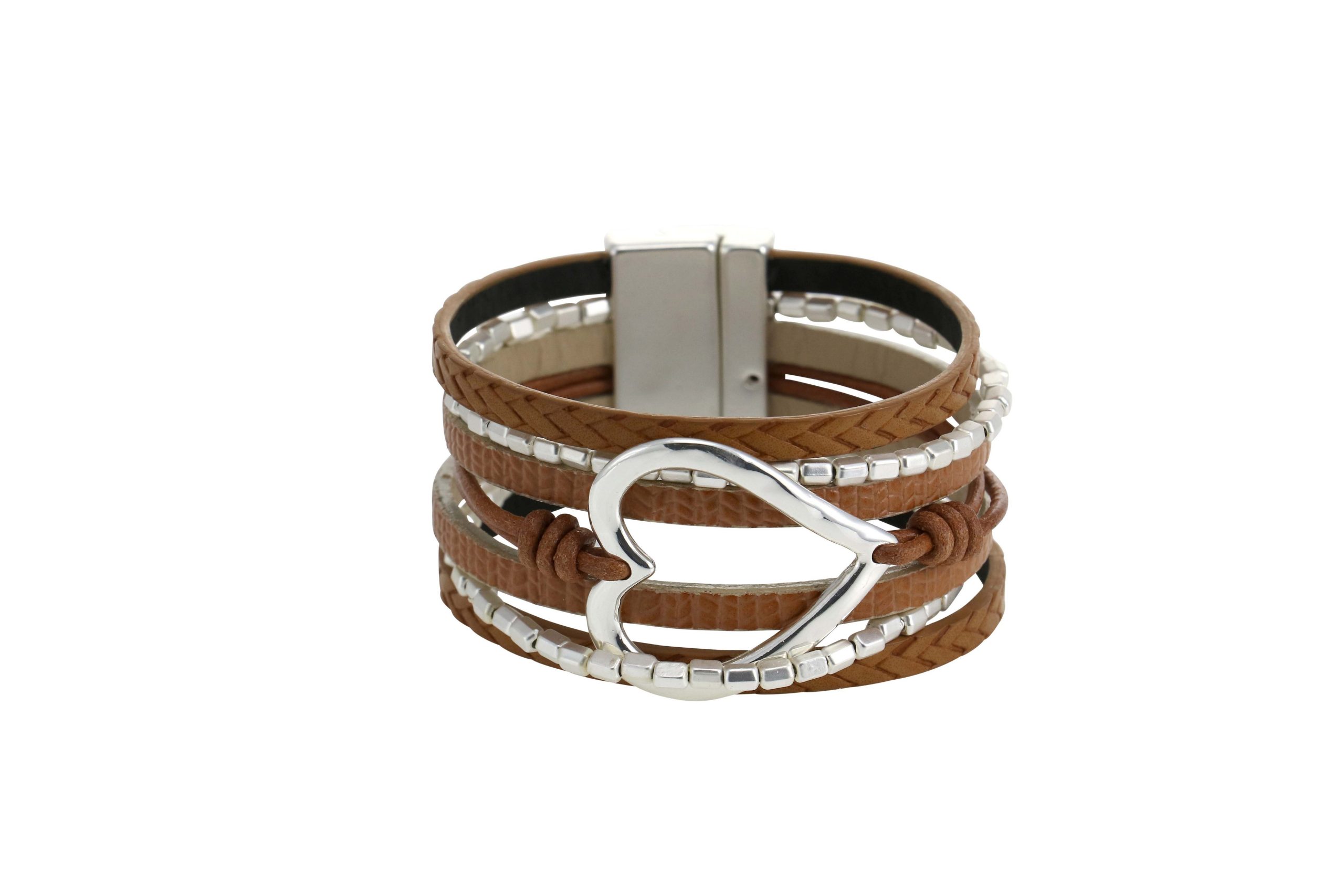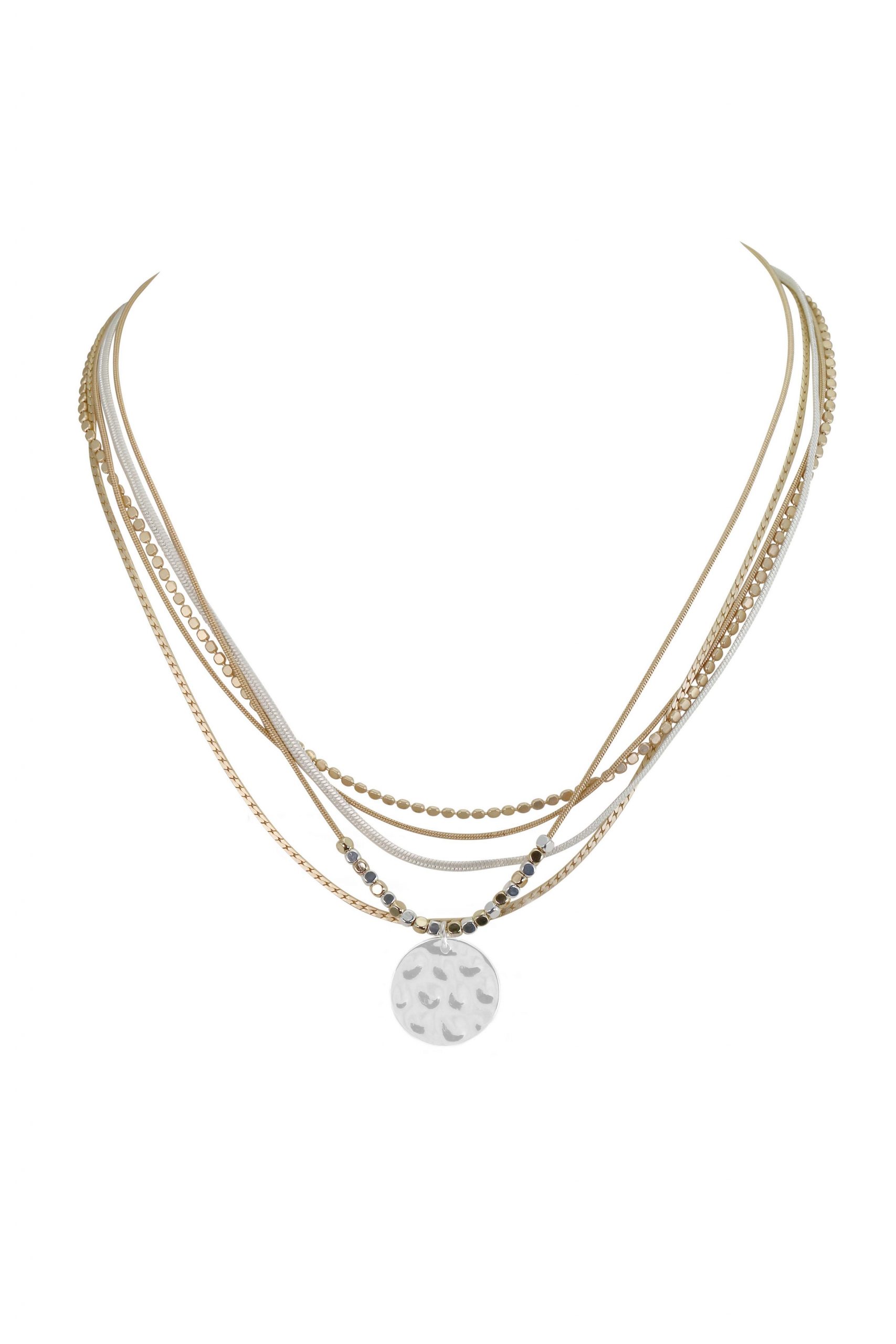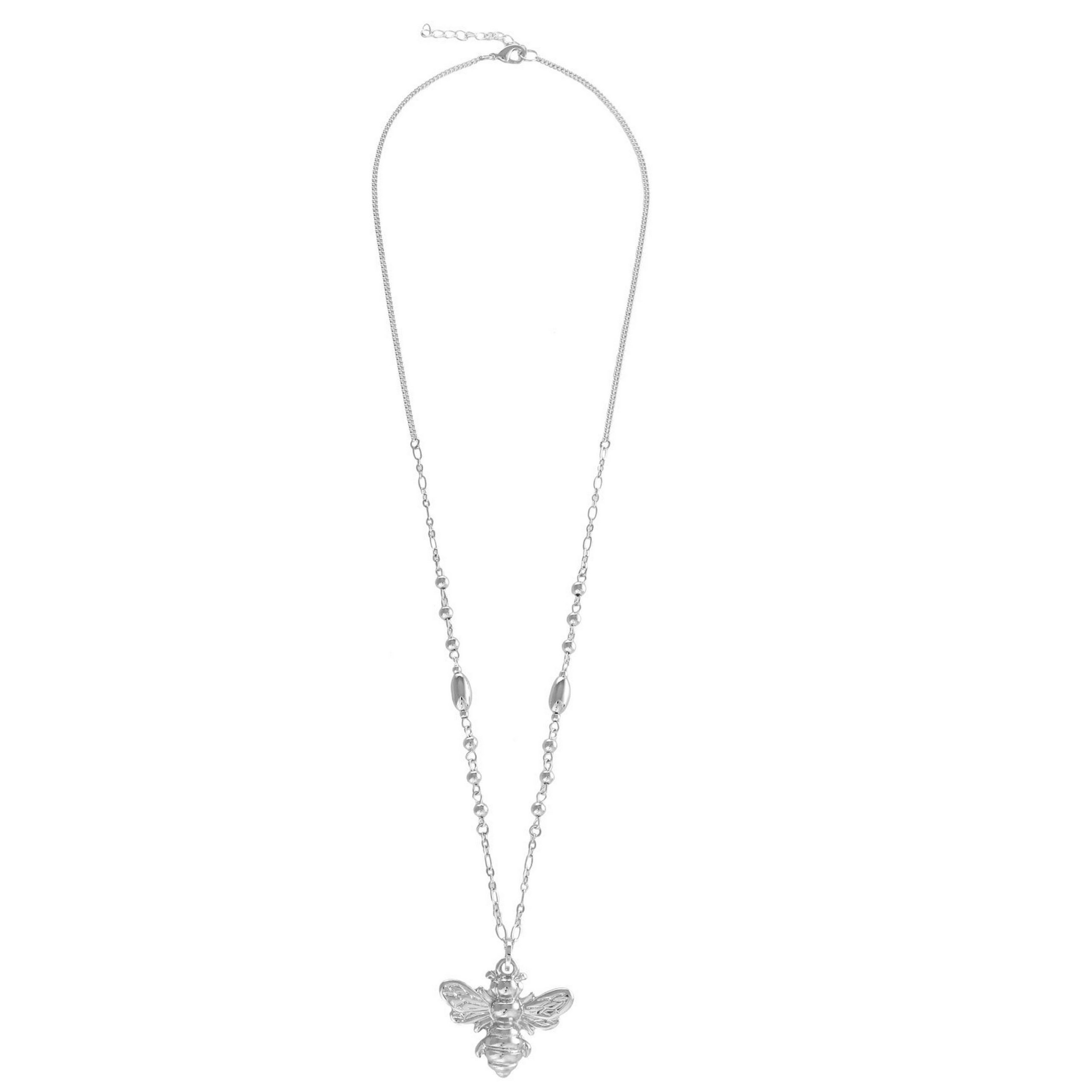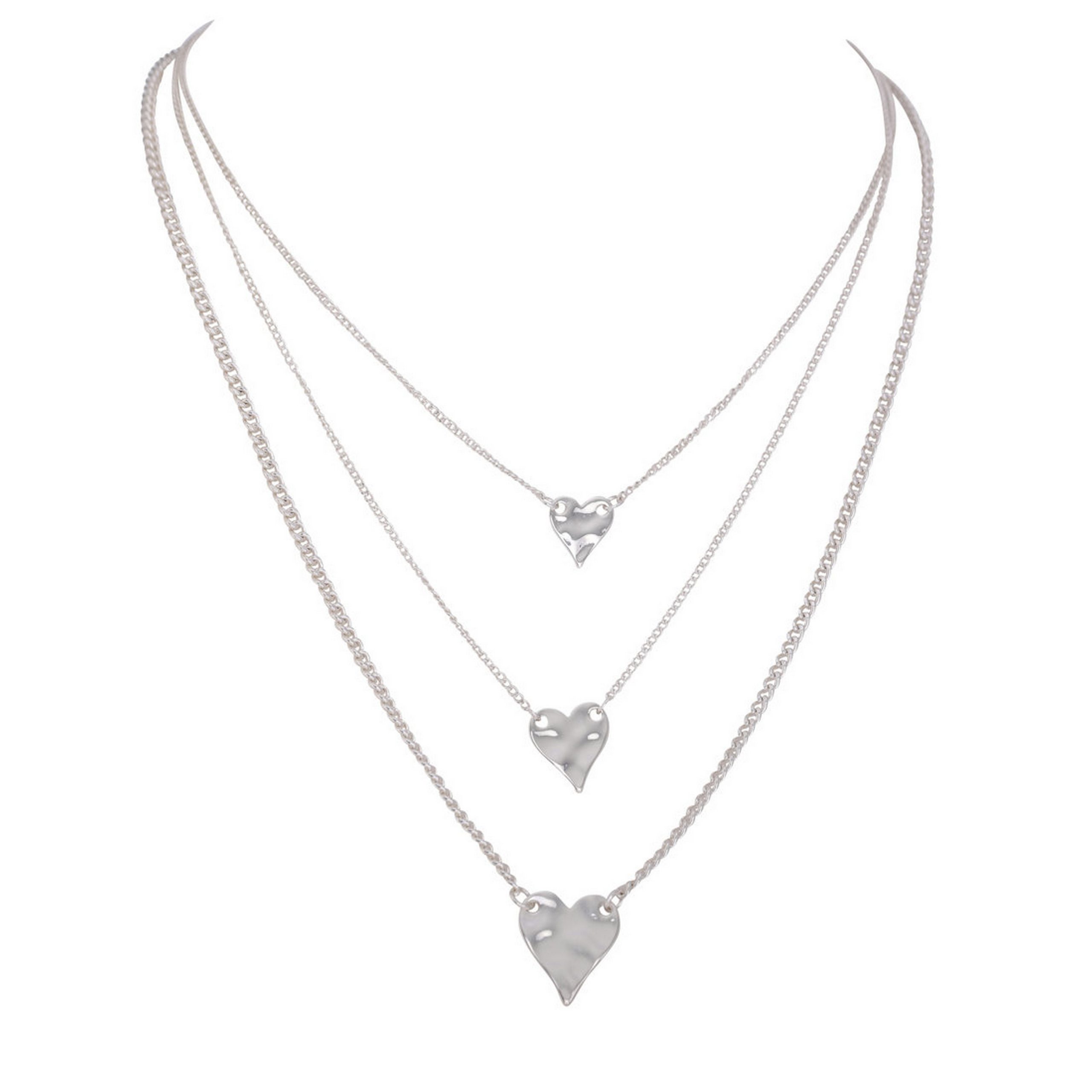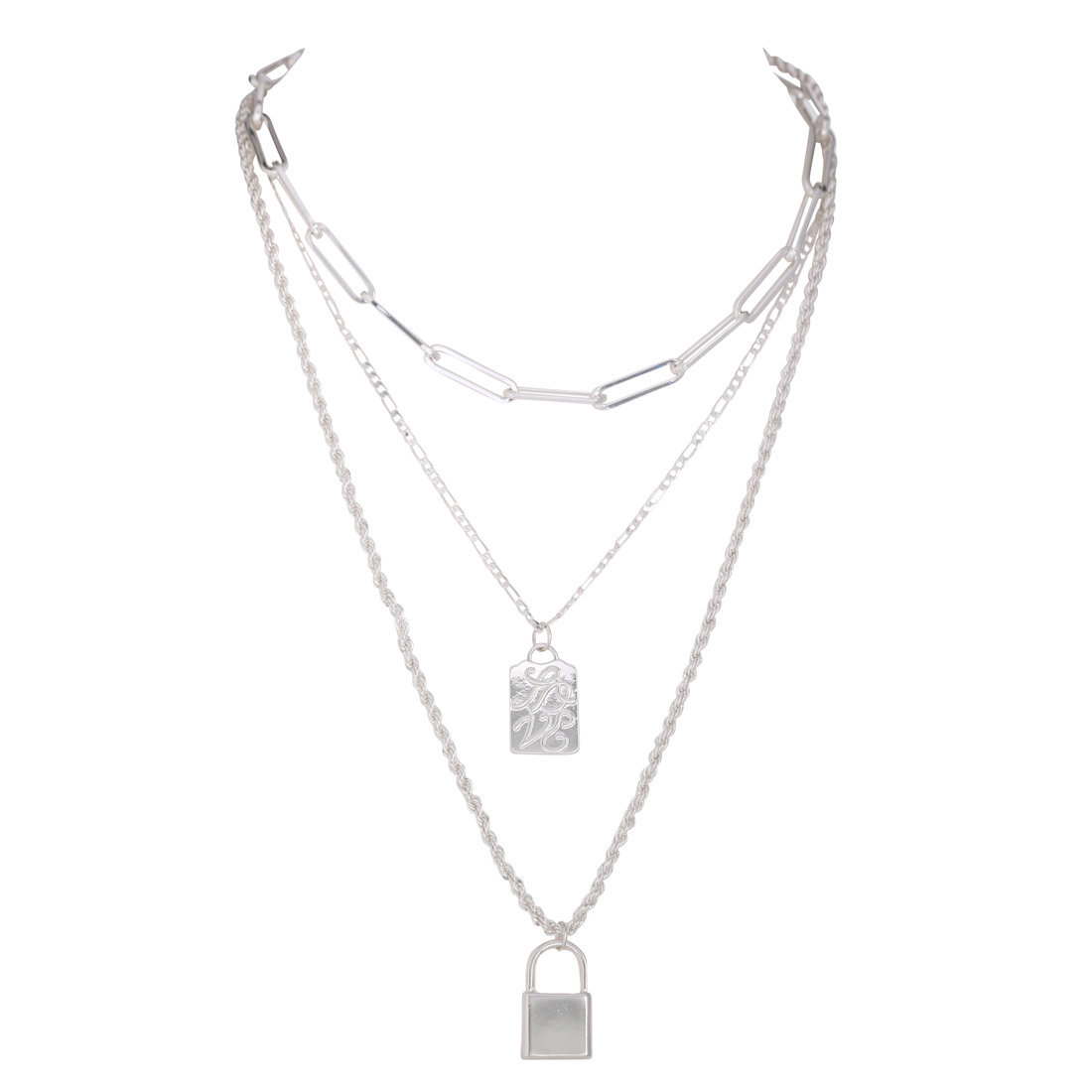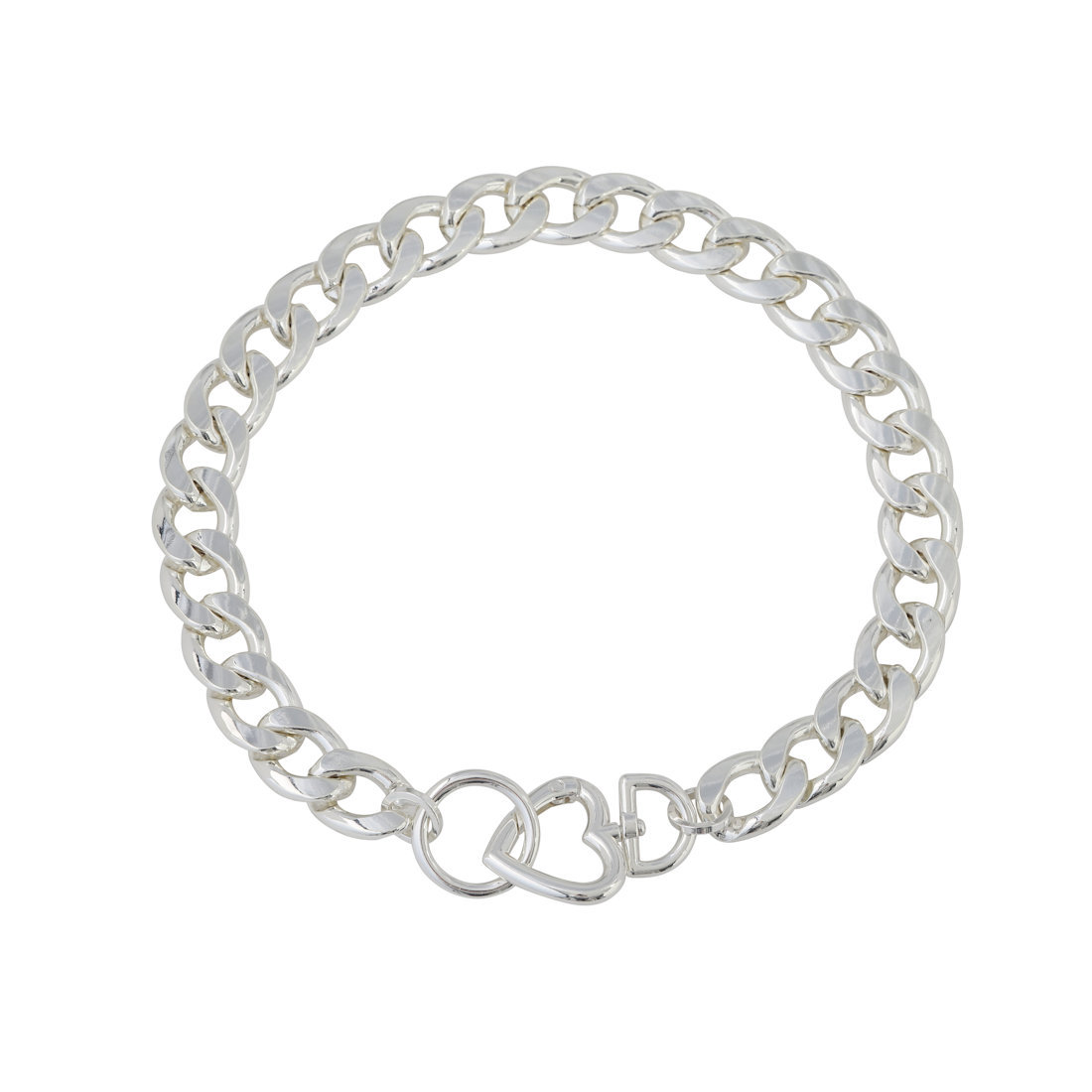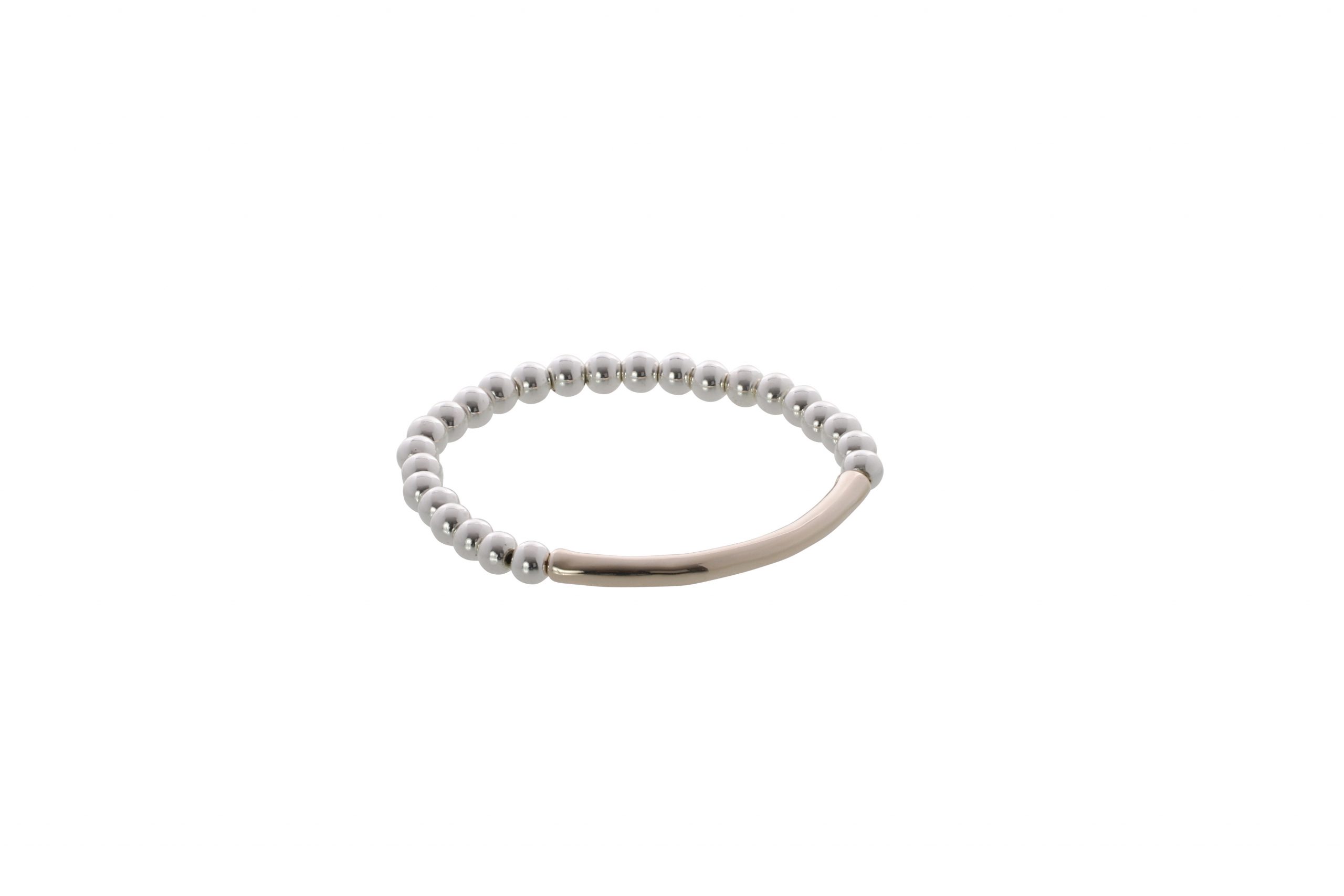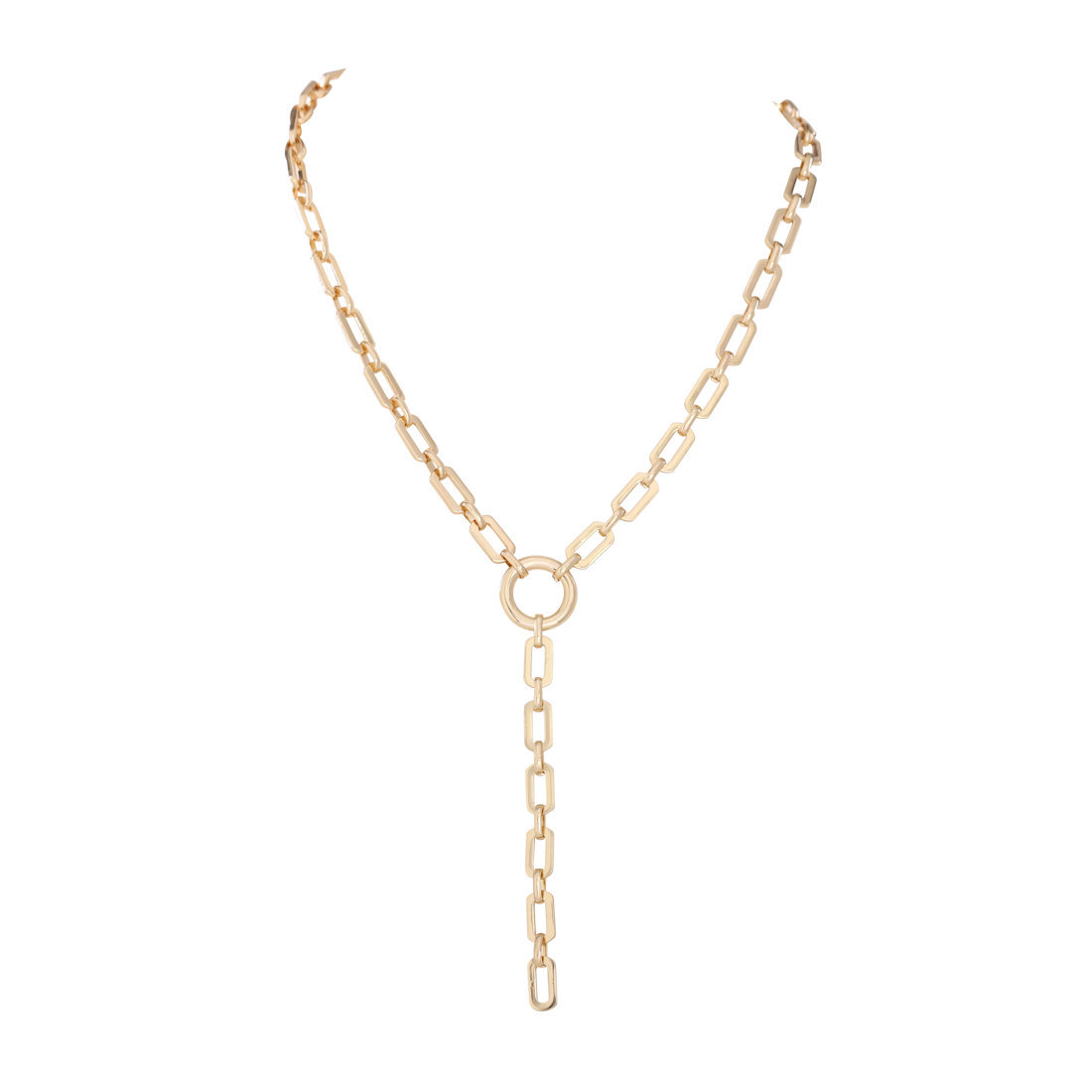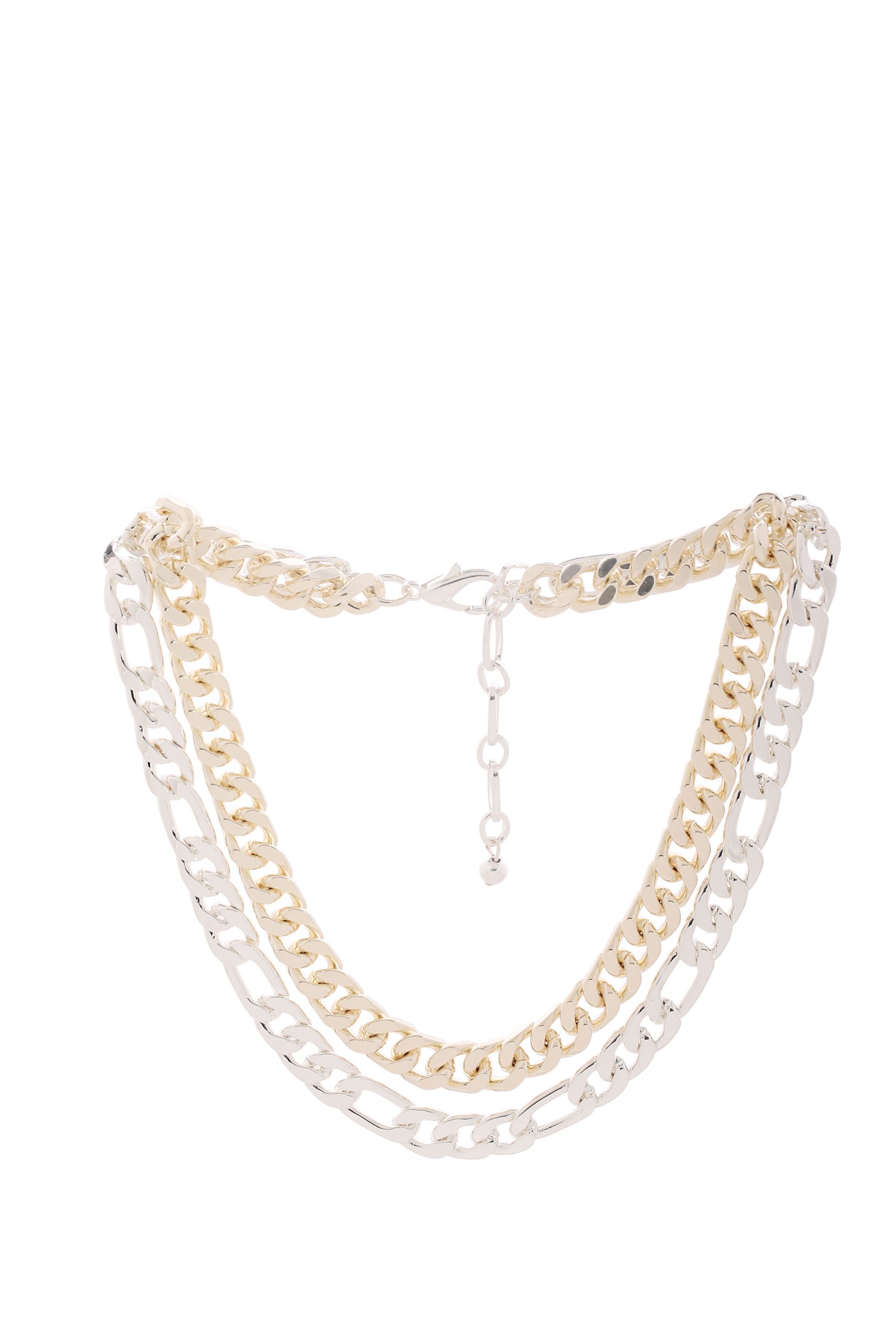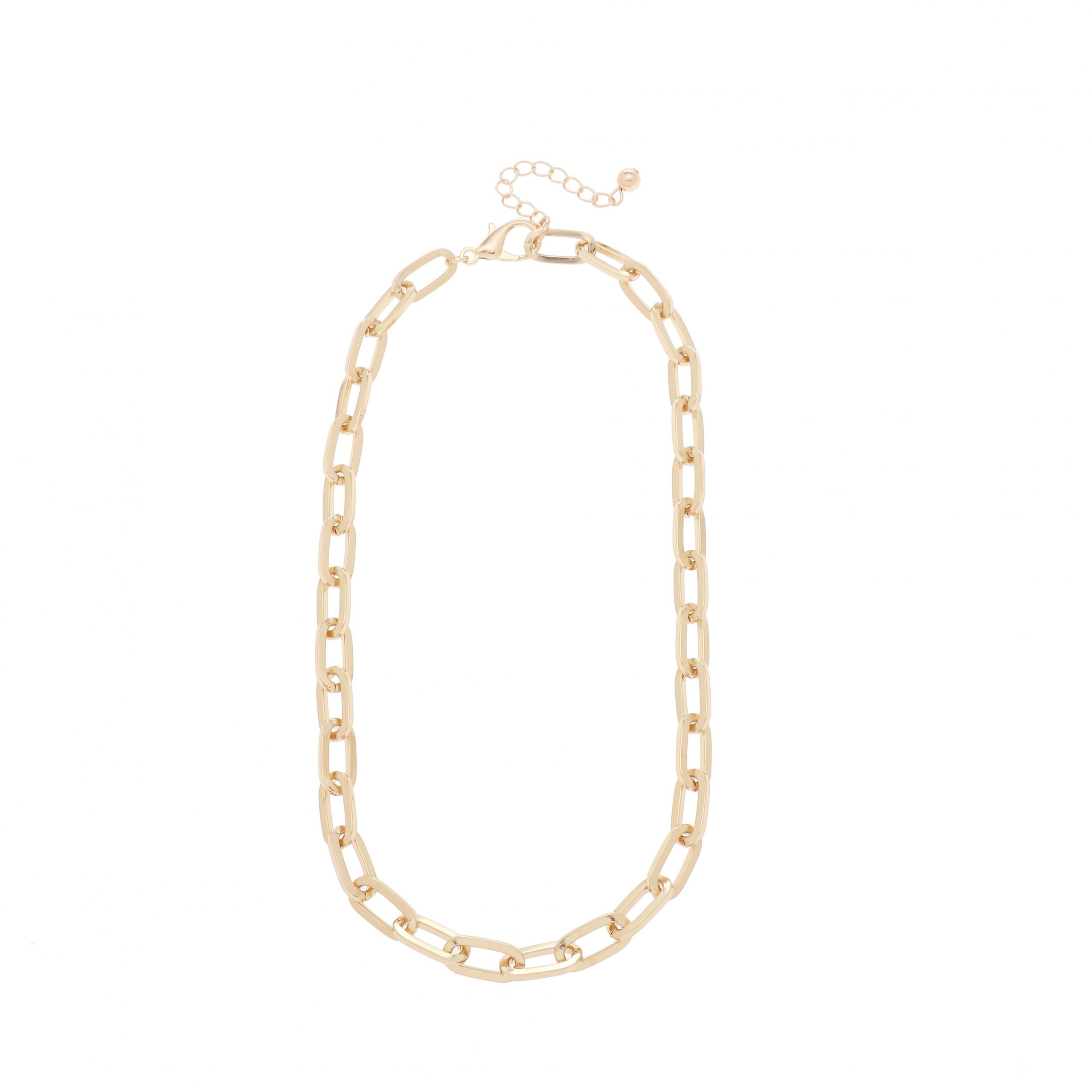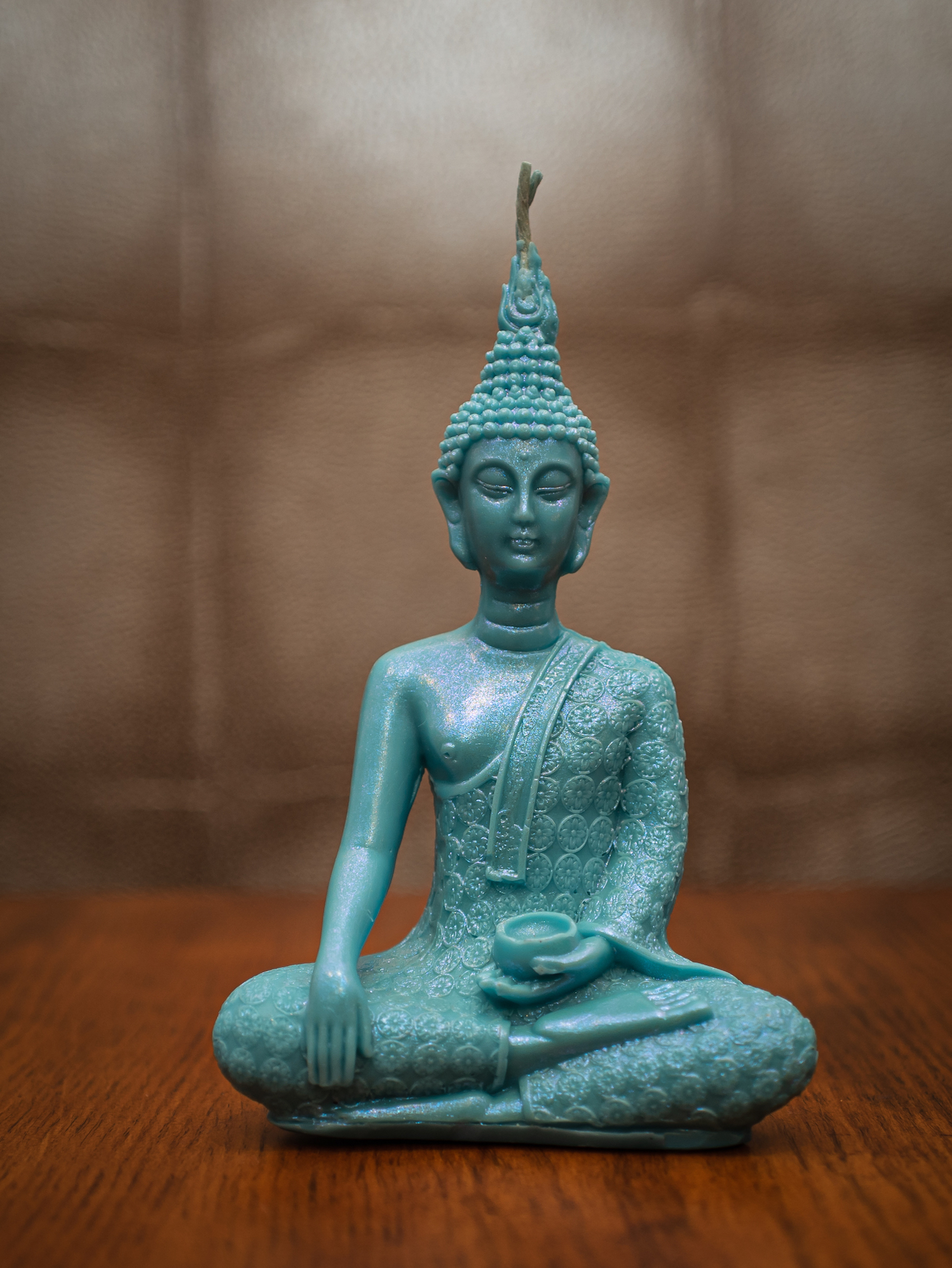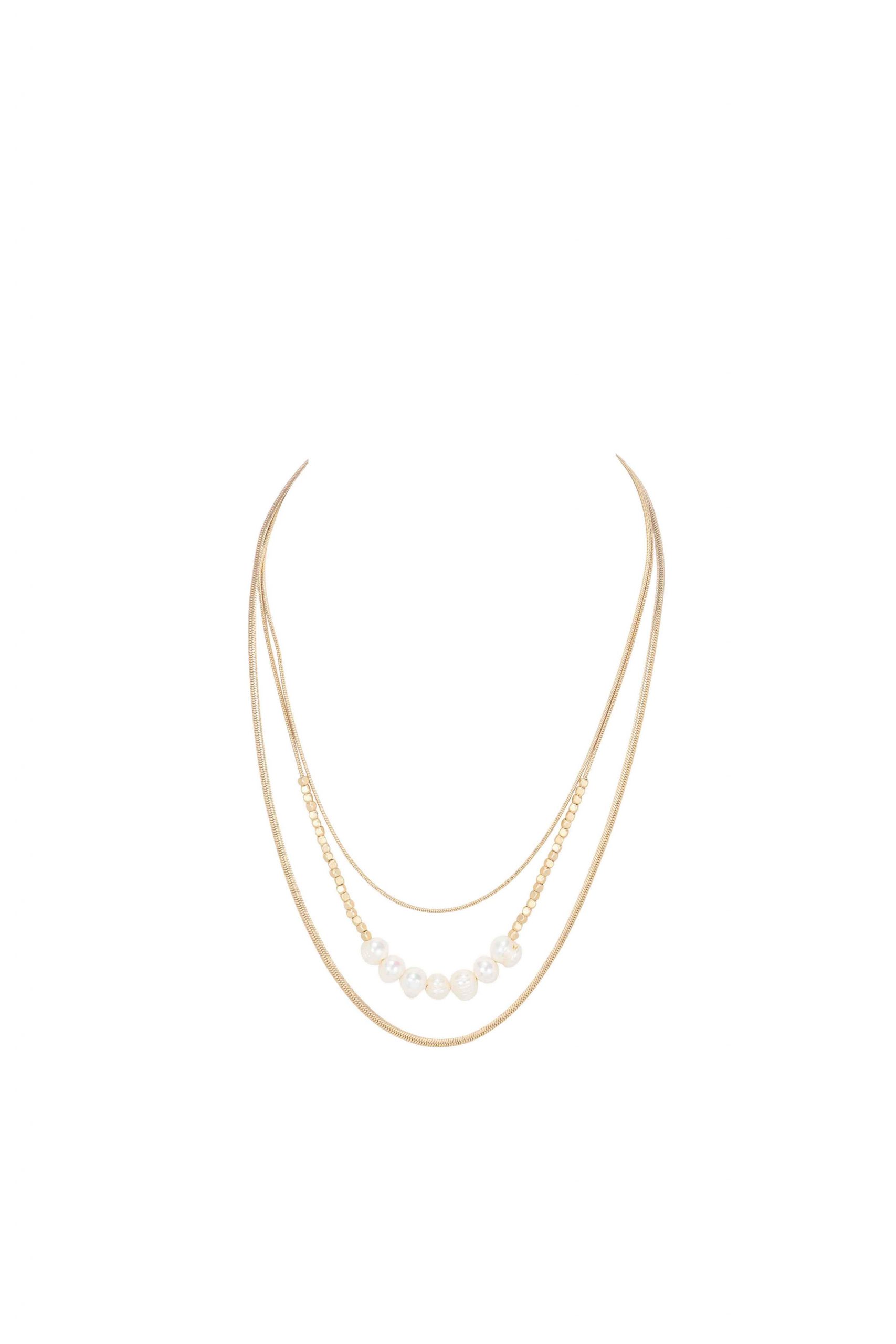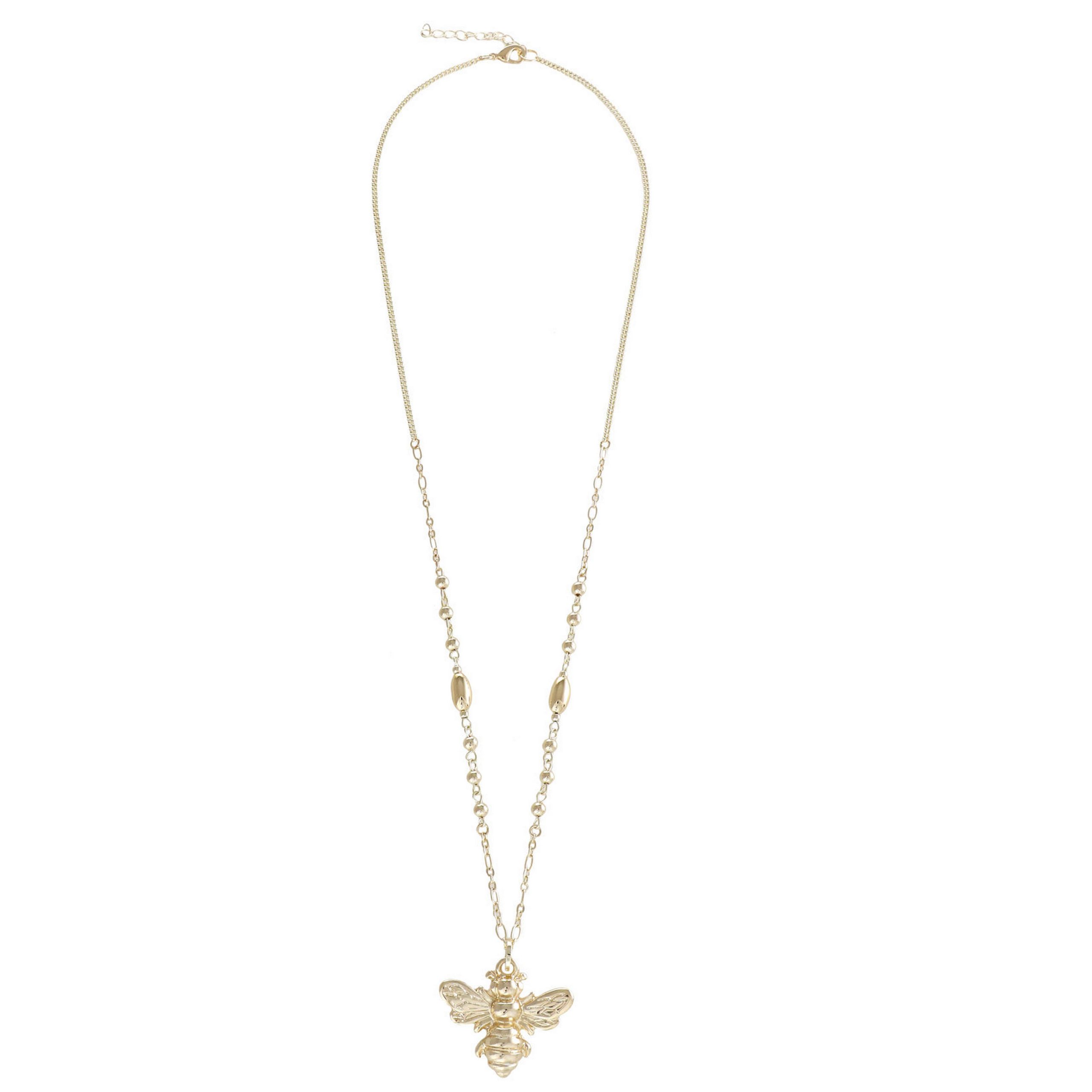Maintaining good, healthy, and strong friendships was always hard. In the past two years, it’s become even harder with the effects of the global COVID-19 pandemic. The pandemic definitely affected me as a person and my friendship, and not for the better. I think the main reason for that is that the pandemic changed all of us. It changed the way think, the way we speak, and the way we go about our day.
Let’s face it, the pandemic changed us as a whole. Some of my friendships survived and some didn’t. I can honestly and truthfully say, though, with all the confidence in the world, that I’ll never, ever re-friend some of the friends I had falling outs with during the pandemic. It’s not that I hate them. I actually have a lot of love left for them. But just because I have love for them, it doesn’t necessarily mean that they have to be in my life.
Just recently, I had a disagreement with a friend. We’ve known each other for almost a decade. We’d gone through our ups and downs before over the years, just like all friends do. This time, though, it was a bigger issue than we ever encountered. Moreover, it was an escalation of unsolved issues that we had over the years, and the main reason for that escalation is the COVID-19 pandemic.
This whole ordeal made me realize that none of us really understand the idea of friendships and how they can either evolve or get destroyed into tiny little pieces. So I thought I’d analyze and break down our friendships’ evolution or demise.
COVID-19 Pandemic
As I mentioned at the beginning, the pandemic changed all of us in more ways than one. We all have different life circumstances, and no matter what they were before, we were all affected. It doesn’t matter if someone was a student, a single person living alone or with parents, an employee, a business owner, a childless couple, or a parent. All of us have been affected by the pandemic. No matter what any of our lives look like and how the pandemic affected our lives, we have one thing in common, which is the fact that the pandemic affected our mental health greatly. In fact, before the pandemic, statistics showed that 1 in 10 individuals struggled with mental illness, whereas 1 in 4 individuals struggled with mental illness in the months since the pandemic hit worldwide.
The aftermath of the pandemic
In Ontario, Canada, where I’m from, we had a total of 5 lockdowns in two years. We weren’t allowed to see any of our family members or friends during that time at all. We could only get out of our homes to do anything that’s essential, such as grocery shopping and medical care. After experiencing so much turmoil, a lot of us became scared of what could happen, even in the aftermath of the pandemic. My husband and I haven’t seen some friends in more than two years for that exact reason. We don’t even know if they’re still our friends in the first place. It’s not like anything happened between us. We simply just drifted apart.
Inflation is at its all time high due the pandemic. Statistics show that the current inflation rates are at its highest since 1991. Millennials are the ones that are affected by it the most. The cost of living is higher than what we’re being paid. We’re living our lives month to month, and we’re all lucky if we have a place to live, food on our table, and are still able to afford all other bills. With that, maintaining the friendships that we already have, as well as making new friends, is just not a priority for us. We can barely afford our daily lives. How could we ever afford the extra costs that go with going out to dinner with friends?
Politics
Starting a conversation that has anything to do with politics is never a good idea. I was, never has, and never will be a good idea. As the pandemic hit and continued on without dying down, it became more clear. Our lives depended on politics once it became mandatory to be fully vaccinated in order to live normal lives and do what we had to do in order to survive, such as keep our jobs. All we could think and talk about were the vaccines. A lot of people were all for being vaccinated, and others were completely against it. They were so against it that they were willing sacrifice practically everything. We all became divided when it came down to our opinions and beliefs, and hence, a lot of friendships ended.
Health
This is particularly something I went through, and it affected me for several years. I’d even say that the aftermath of my health struggles still affect me to this day.
Many of my friendships deteriorated because of my declining health. It was a combination of the aftermath of the car accident my husband and I were involved, the seizures, along with all the medication I was intaking. It’s not that I take all the blame for everything that had happened between my friends and I. I do admit, however, that they weren’t 100% in the wrong. There are three sides to every story – side A, side B, and the truth. I can only speak for myself when it comes to my side of any story, as well as my own truth. My truth is that I became a whole different person when my health was my absolute worst. I was someone I didn’t recognize at all, and to say I’m not proud of my behavior at the time would be an understatement.
Then there’s the exact opposite of how health can affect you. You can become friends with absolutely the wrong people – people that you’d never become friends with under normal circumstances. They’re friends with you because they know the unhealthy version of you, and they seem to love it for all the wrong reasons. Then you get healthier and stronger, and you become yourself again. To you, you become the old version of you that you’ve always been. But to them, you’re a whole new you that they really dislike an don’t approve of.
Different life stages
This is a big one, especially if you have friends from different age groups. This was the exact reason why I was having issues with the friend I mentioned at the very beginning. We don’t have an age gap that’s too big. However, we are in two completely life stages. I’m married and thinking, or in between I’d say, of expanding my family. I’m also a woman in business. He’s single and a college student. The fact that he’s single and a college student doesn’t make him any less than. The reality is, though, we have completely different priorities, so what’s important to him might be complete nonsense to me, and vice versa.
Sign up to our newsletter if you want to see more content from The Graceful Boon! By signing up to our newsletter, you'll get an even more in-depth content from yours truly, Stacie Kiselman, who's our Graceful Boon, that you won't want to miss out on.
